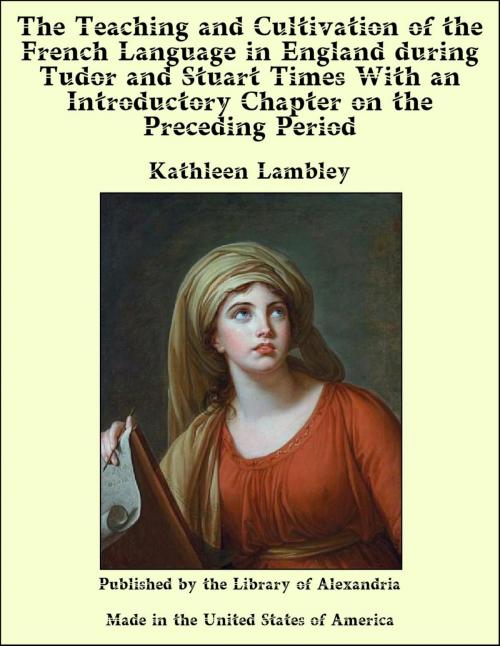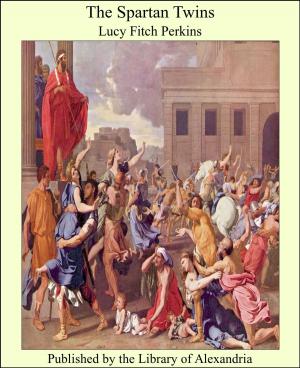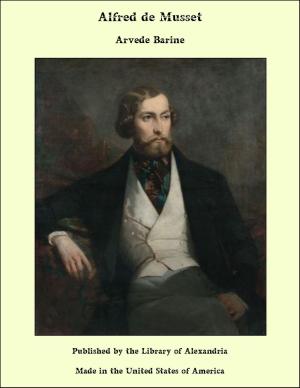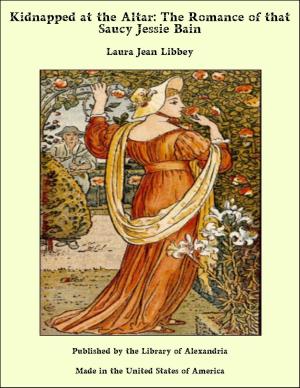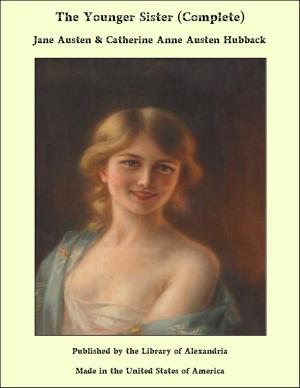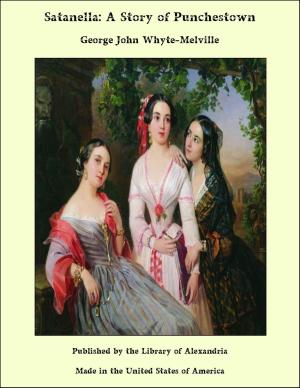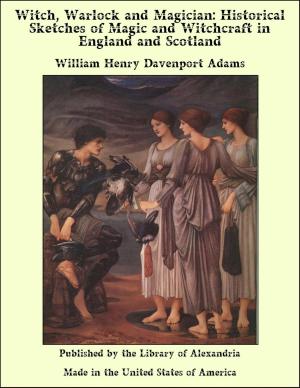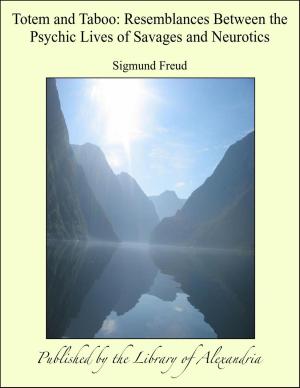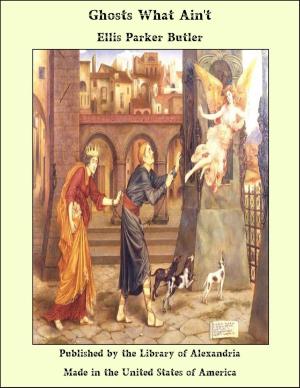The Teaching and Cultivation of the French Language in England during Tudor and Stuart Times With an Introductory Chapter on the Preceding Period
Nonfiction, Religion & Spirituality, New Age, History, Fiction & Literature| Author: | Kathleen Lambley | ISBN: | 9781465581983 |
| Publisher: | Library of Alexandria | Publication: | March 8, 2015 |
| Imprint: | Language: | English |
| Author: | Kathleen Lambley |
| ISBN: | 9781465581983 |
| Publisher: | Library of Alexandria |
| Publication: | March 8, 2015 |
| Imprint: | |
| Language: | English |
The present work, begun during the author's tenure of a Faulkner Fellowship in the University of Manchester, and completed in subsequent years, is an endeavour to trace the history of the teaching and use of French in England during a given epoch, ending with the Revocation of the Edict of Nantes and the Revolution of 1689, which events mark the beginning of a new period in the study of the French language in this country. No attempt has been made to treat the wider topic of French influence in England in its literary and social aspects (this has already been done by competent hands), though this side of the question is naturally touched upon occasionally by way of reference or illustration. I gladly take this opportunity of expressing my gratitude to Professor L. E. Kastner, at whose suggestion this investigation was undertaken, for his generous assistance, and the unfailing interest he has shown in my work during the whole course of its preparation. I am likewise considerably indebted to Dr. Phœbe Sheavyn for helpful criticism and advice, to Professor Tout for kindly reading through the introductory chapter, and to Mr. J. Marks for a careful revision of the proofs and many useful indications. I owe a great deal to my father also, whose sympathetic advice and encouragement did much to lighten my task. Nor can I close this list of acknowledgments without recording my obligation to the Secretary of the Press, Mr. H. M. McKechnie, for the valuable assistance he has so freely given me during the progress of this volume through the Press.
The present work, begun during the author's tenure of a Faulkner Fellowship in the University of Manchester, and completed in subsequent years, is an endeavour to trace the history of the teaching and use of French in England during a given epoch, ending with the Revocation of the Edict of Nantes and the Revolution of 1689, which events mark the beginning of a new period in the study of the French language in this country. No attempt has been made to treat the wider topic of French influence in England in its literary and social aspects (this has already been done by competent hands), though this side of the question is naturally touched upon occasionally by way of reference or illustration. I gladly take this opportunity of expressing my gratitude to Professor L. E. Kastner, at whose suggestion this investigation was undertaken, for his generous assistance, and the unfailing interest he has shown in my work during the whole course of its preparation. I am likewise considerably indebted to Dr. Phœbe Sheavyn for helpful criticism and advice, to Professor Tout for kindly reading through the introductory chapter, and to Mr. J. Marks for a careful revision of the proofs and many useful indications. I owe a great deal to my father also, whose sympathetic advice and encouragement did much to lighten my task. Nor can I close this list of acknowledgments without recording my obligation to the Secretary of the Press, Mr. H. M. McKechnie, for the valuable assistance he has so freely given me during the progress of this volume through the Press.
